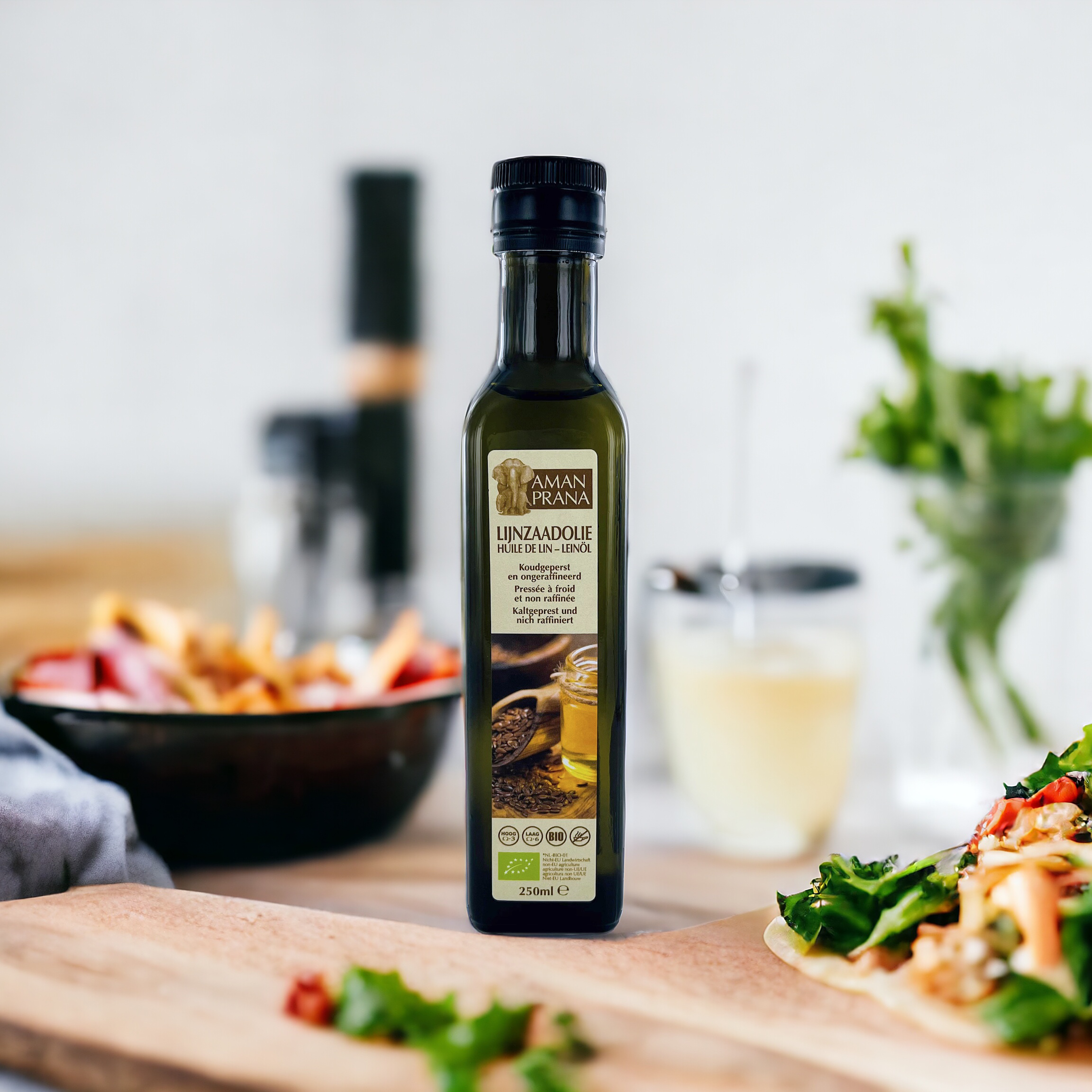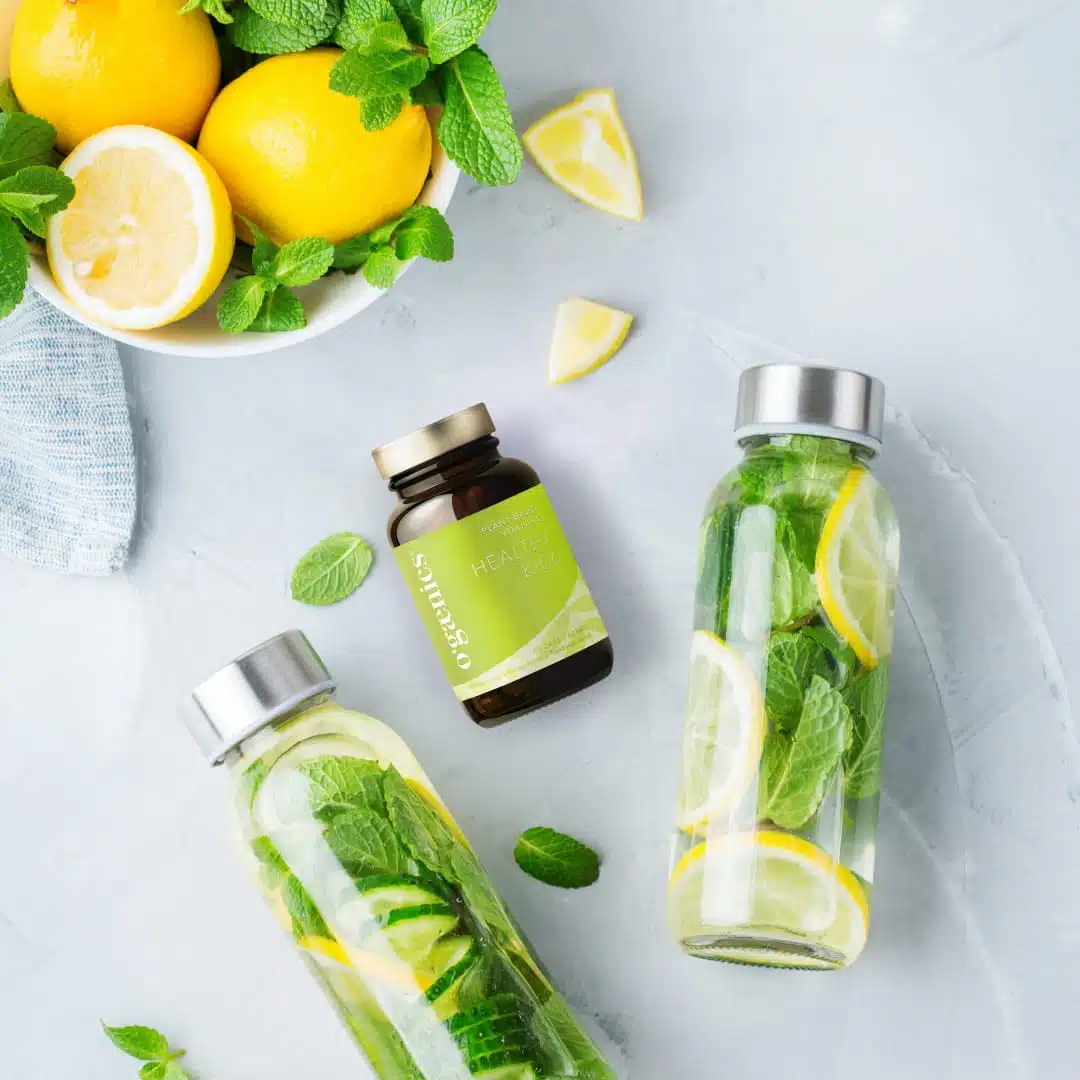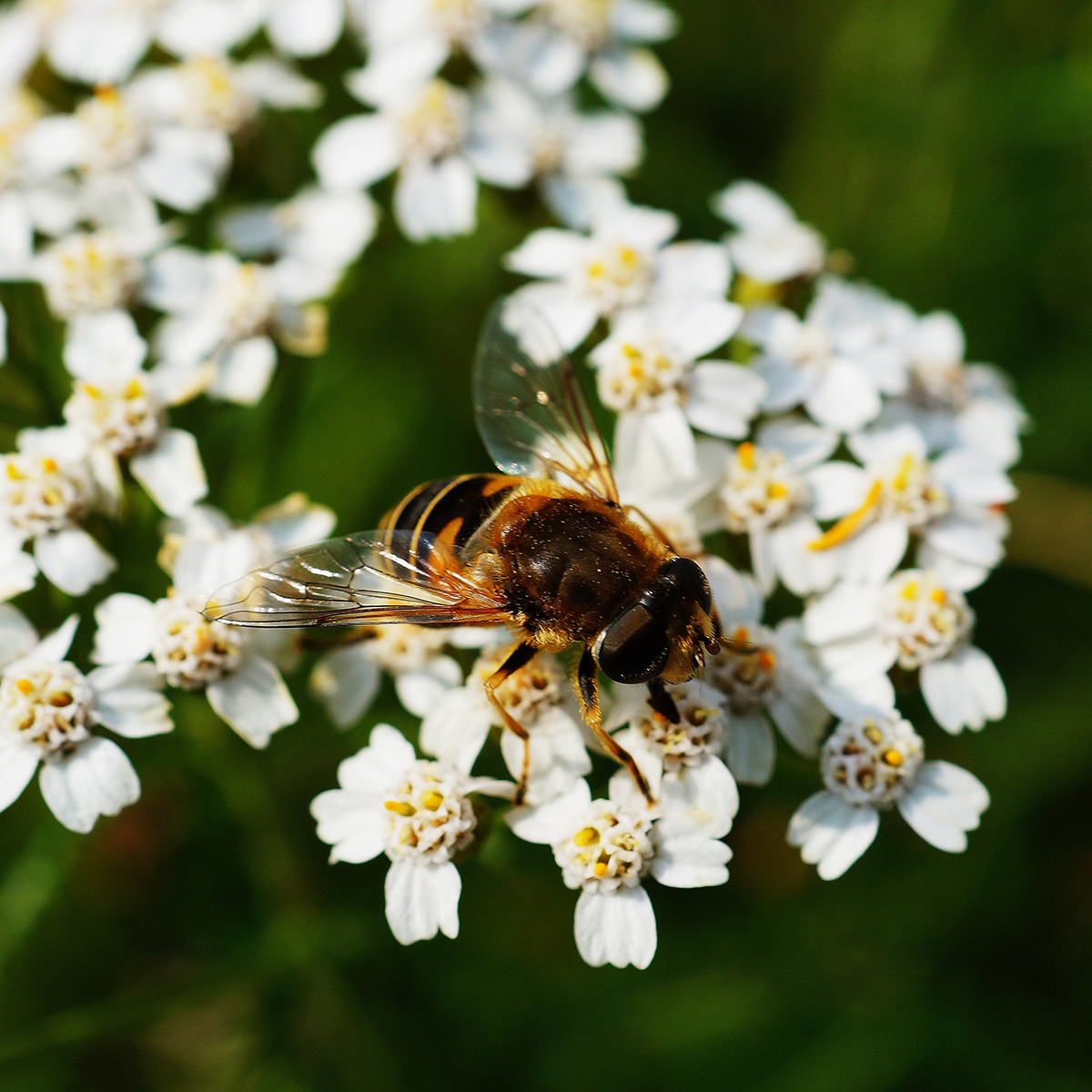
"Don't put anything on your skin that you can't eat" is a popular and common saying. Yet, this is exactly what most of us do. Did you know that a woman uses an average of 12 skincare products a day? And that each of these 12 products contain an average of different 15 chemicals? That's about 180 different chemicals that the skin, in part, absorbs on a daily basis. So what should we put on our largest organ - the skin - instead? Answer: Natural Cosmetics. What to pay attention to?
Healthy Skin is Created from Within
Your skin is an indicator of your inner health. Skin disorders are often a reaction to a lack of vitamins and minerals, poisoning, oxidative stress or inflammatory processes in your body. The use of skin creams and lotions is of little use in such cases because it doesn't tackle the source of the problem. For this reason, start with a healthy and varied diet, with fresh vegetables, good proteins and healthy fats as a basis. Be sure to also carefully scan the ingredients on the packaging of your cosmetics and skin care products. If a product contains harmful substances, you will continue to have problems with your skin, even if you eat healthy foods.
Why a Skin Care Product Should Be 100% Natural
Many manufacturers of skin care products and cosmetics claim that your skin will be healthy again with their products, but the vast majority of these products are full of chemicals. Common substances that can cause or exacerbate skin complaints include perfumes, preservatives, UV filters, emulsifiers and parabens. Natural skin care products, on the other hand, are made from ingredients that come directly from nature and do not contain any chemicals that irritate your skin or affect your health.
Some Important Benefits of Natural Cosmetics:
♥ Your skin and body will no longer absorb toxic substances through your skin care products
♥ People with skin allergies or hypersensitivity experience few or little issues with natural cosmetics in comparison to non-natural cosmetics
♥ Producers who choose pure ingredients often also take into account factors such as the environment and animal welfare
♥ Many natural substances have antioxidant properties because they have to protect themselves against oxidation by the sun
♥ Smell, texture and foaming power are usually much more subtle and natural
Natural Cosmetics Are Not Necessarily Certified Organic Cosmetics
Organic refers to the way tasty and diverse food is made with respect for nature, without chemical pesticides or artificial fertilizers. When a manufacturer undergoes the necessary certification process to prove it manufactures without chemicals, it is referred to as "certificed organic". "Natural" means that it does not contain synthetic substances from the petrochemical industry. And natural is everything that grows and flourishes in nature. An apple, for example, is natural, but not always organic.
5 Tips for Switching to Natural Skin Care Stress-free
✓ Define your 'why'. Because of health, environment or animal suffering? Awareness of this makes it easier to set priorities.
✓ Educate yourself! Learn which ingredients are best avoided and which are safe.
✓ Always read the label first. Unsafe ingredients are sometimes listed under an alternative name or at the very bottom.
✓ Don't be fooled: terms like 'natural', 'traditional' or 'pure' do not automatically mean organic or environmentally friendly.
✓ Change products step by step. As soon as the old one is used up, replace it with a natural, alternative variant.
Green People and Zao
Some great brands with organic care products are Green People and Zao. Green People care products are based on herbal ingredients that intensively care for your skin and hair. Certified organic, natural and mostly vegan cosmetic products. ZAO makes make-up with minerals and other active organic ingredients. 100% natural products in a stylish, sustainable bamboo packaging.
The film The Story of Cosmetics below examines the ubiquitous use of toxic chemicals in our daily personal care products, from lipstick to baby shampoo.










The information below is required for social login
Sign In
Create New Account